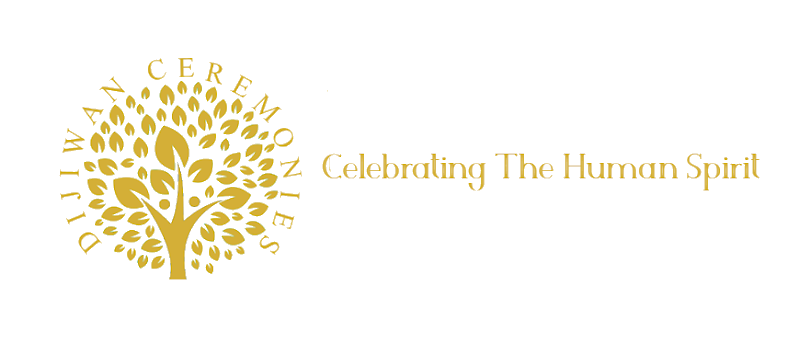Claiming Sacred Ground
For generations Europe has experienced a dramatic decline in Christian religious practice. This is a trend that seems to be underway to some extent in the United States as well, with the rise of the so-called 'nones.' With abuse scandals, greater educational opportunities, and increased understanding of the very human origins of holy books like the Bible, people are turning to other paths and often opting out of organized religion. With this reality and changing demographics in rural areas, more and more church buildings are being abandoned. In the Church of England there is a specific ceremony for desacralizing a church, which means it is no longer exclusively for church use. For most Protestant churches it's simply a matter of holding a final service and calling it quits. Does this mean that we are losing sacred ground?
In the Hebrew scriptures there's the well-known story of Moses seeing a burning bush in the wilderness. When he approaches, a voice from the bush speaks, telling him to remove his sandals, for he is on holy ground. The concept of special, sacred space isn't limited to Judaism and Christianity, of course. Native Americans in North America hold certain places in special esteem, such as Tsé Bitʼaʼí (Shiprock) in northwestern New Mexico. Muslims are called upon at least once in their life to make Hajj (a pilgrimage) to Mecca, located in what is now Saudi Arabia. The Japanese have shrines and temples reflecting Shinto, Taoist, and Buddhist devotion. This is just naming a few religious systems and their sacred sites. But, what about the rest of us?
The prevalence of holy ground in religious belief not only now but going back into into early human history (Stonehenge, The Kaali Meteorite Crater Field, Arunachala Hill, etc) indicates that this is a concept inherent to our species. It's also one we can see in operation still today, even beyond the walls of churches, temples, mosques, and shrines.
